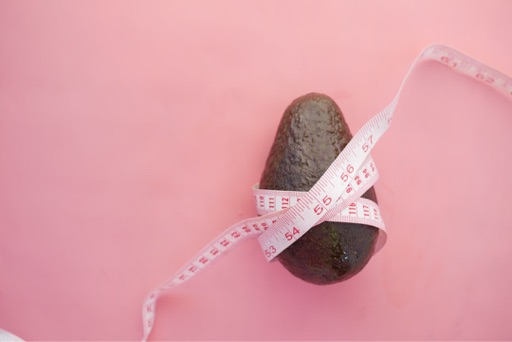Weight gain is common during perimenopause, but you don’t have to accept those extra pounds. Here are six diet changes recommended by experts that can help you slim down during this transitional phase:
- Prioritise protein: Protein is essential for preserving muscle mass, which tends to decline during perimenopause. It also promotes satiety, making it easier to avoid overeating.
- Focus on fibre: A high-fibre diet aids in digestion and blood sugar control while helping you feel full for longer. This can prevent unwanted snacking and lower your risk of heart disease.
- Control carbohydrates: With hormonal changes often leading to insulin resistance, it’s important to monitor your carbohydrate intake. Opt for complex carbohydrates with a low glycemic index to maintain stable blood sugar levels.
- Stay hydrated: As hormonal fluctuations can affect hydration levels, drinking sufficient water is crucial. Staying hydrated supports metabolism and helps manage appetite.
- Be mindful of timings: Since hormonal shifts can affect hunger cues, aim for regular, balanced meals to prevent blood sugar spikes and crashes. Smaller, more frequent meals can be beneficial if large meals leave you feeling sluggish.
- Mind your emotional eating triggers: It’s common to experience emotional fluctuations during perimenopause. Practicing mindful eating can help mitigate stress-eating tendencies.
- Limit caffeine and alcohol: Both substances can disrupt sleep and may intensify symptoms like hot flashes and mood swings, which can hinder weight loss efforts.
Implementing these diet changes can help manage weight effectively during perimenopause. For more fitness advice and routines, consider checking out other health resources available online.

Source: GB News





